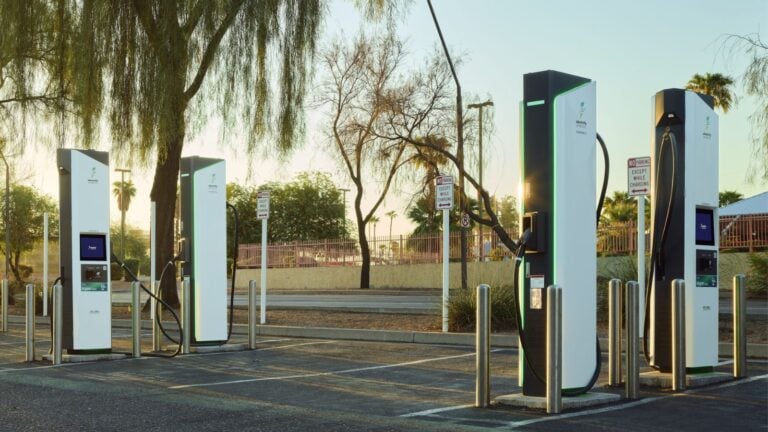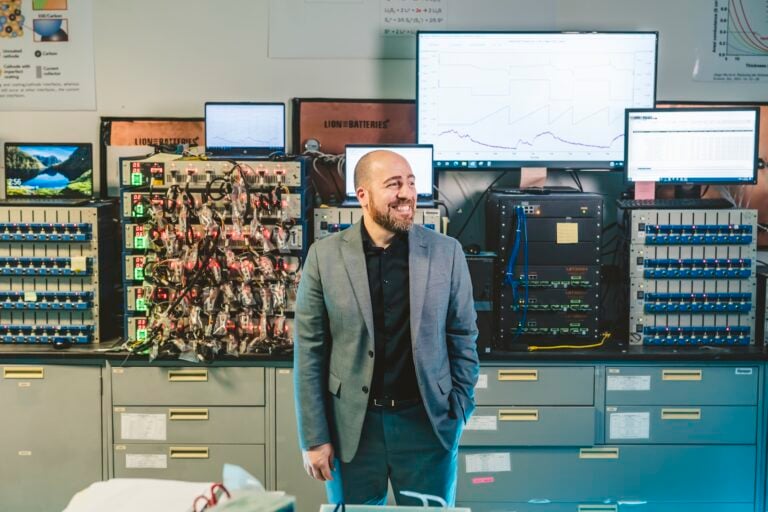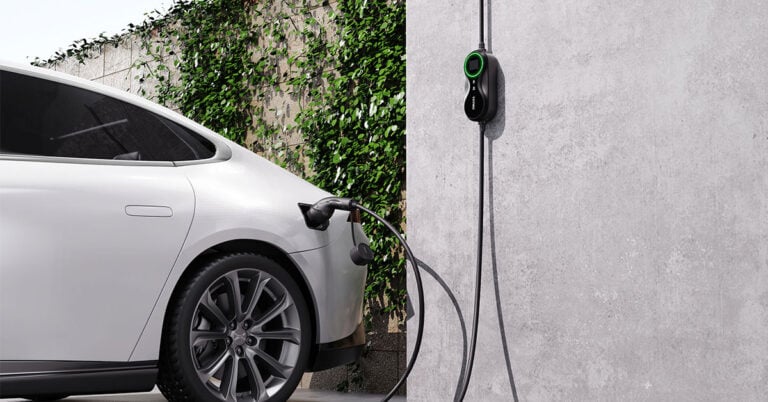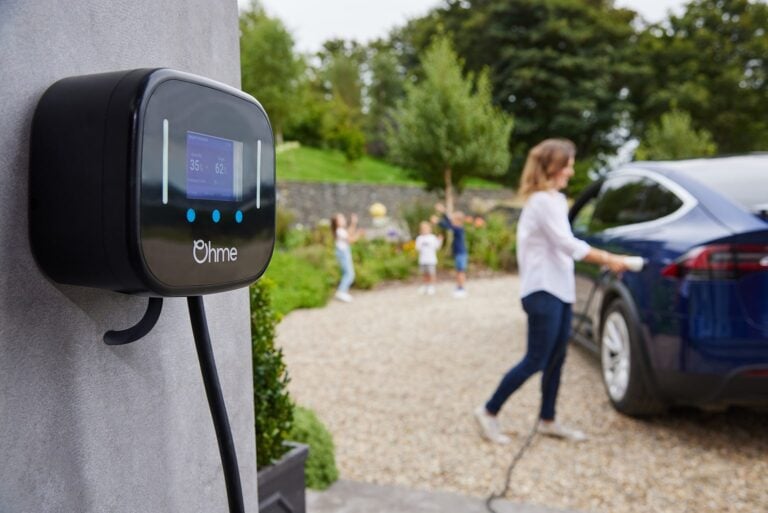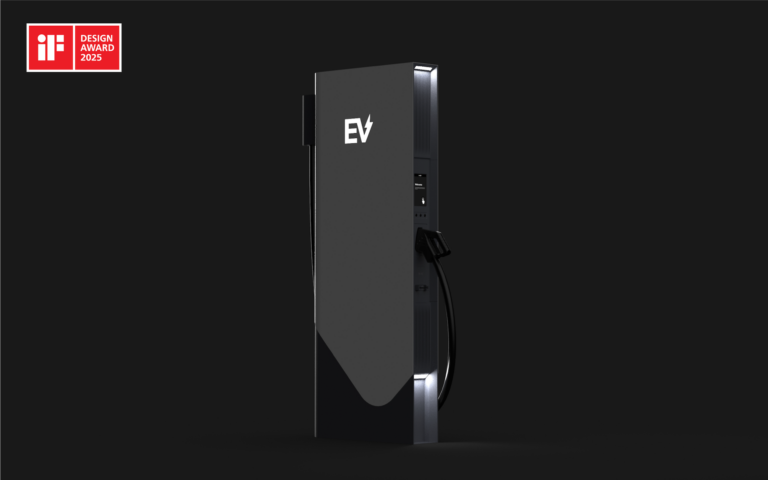BP has brokered a $100 million deal with Tesla, allowing bp pulse, BP’s electric vehicle (EV) charging subsidiary, to purchase and deploy Tesla’s ultra-fast charging units. This marks a significant milestone as it is the first instance of Tesla’s ultra-fast chargers being incorporated into an independent EV charging network.
Why It Matters
This collaboration underscores BP’s robust commitment to fortifying America’s EV charging infrastructure. It also showcases Tesla’s pivot to provide its cutting-edge hardware to other industry leaders, further propelling the shift towards sustainable energy.
Key Points
- Charging Network Expansion: BP plans to embed Tesla’s chargers within the bp pulse network by 2024, encompassing BP, Amoco, ampm; Thorntons-branded sites, and more.
- Diverse Deployment: The charging units will be strategically placed in major cities like Houston, Phoenix, and Los Angeles, with third-party venues like Hertz being part of the plan.
- Enhanced Fleet Solutions: The fusion of bp pulse’s Omega software and Tesla’s reliable chargers will offer comprehensive EV fleet charging solutions.
- Charger Features: Tesla’s ultra-fast chargers, with an output of 250 kW, will be equipped with the ‘Magic Dock’, compatible with NACS and CCS connectors, facilitating varied EV models to use the infrastructure. The Plug and Charge protocol will be supported, automating payment processes.
Bottom Line
The partnership between BP and Tesla strengthens the trajectory of sustainable mobility in the US. Richard Bartlett, global CEO of bp pulse, believes that the collaboration will elevate the EV charging experience for users. Rebecca Tinucci, Tesla’s Senior Director of Charging Infrastructure, views the partnership as a stride towards a more sustainable future.
BP’s recent endeavors reflect its larger commitment to sustainable energy. In 2023, BP declared its intention to channel $1 billion into the US EV charging infrastructure by 2030. The company’s transition to sustainable energy alternatives has witnessed a significant surge, with investments in this sector constituting approximately 30% of BP’s total 2022 investment, a drastic rise from 3% in 2019.



